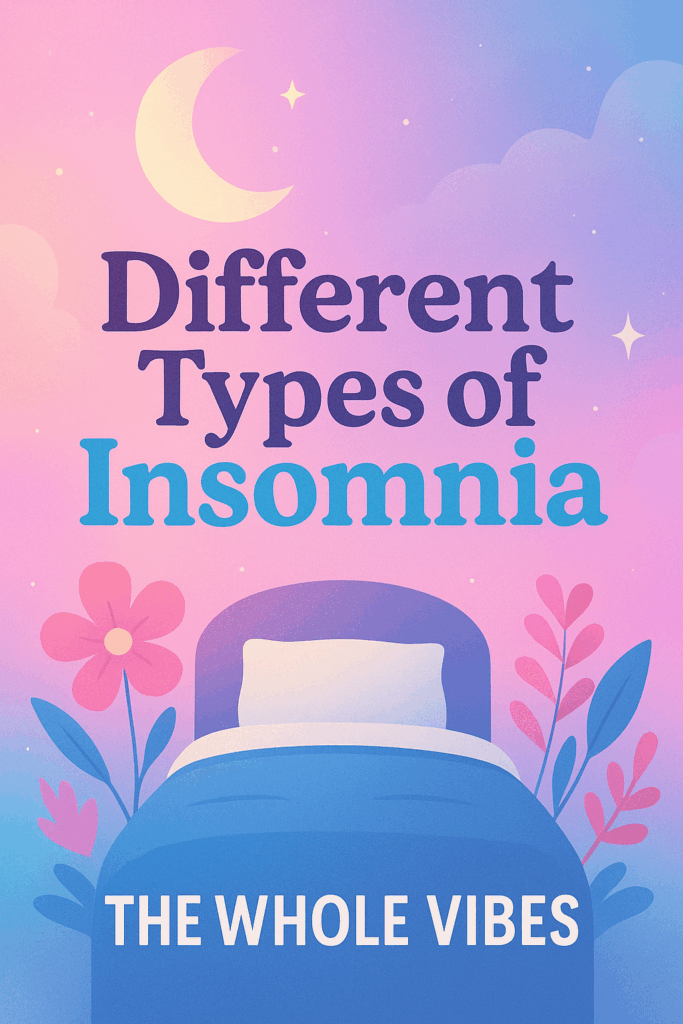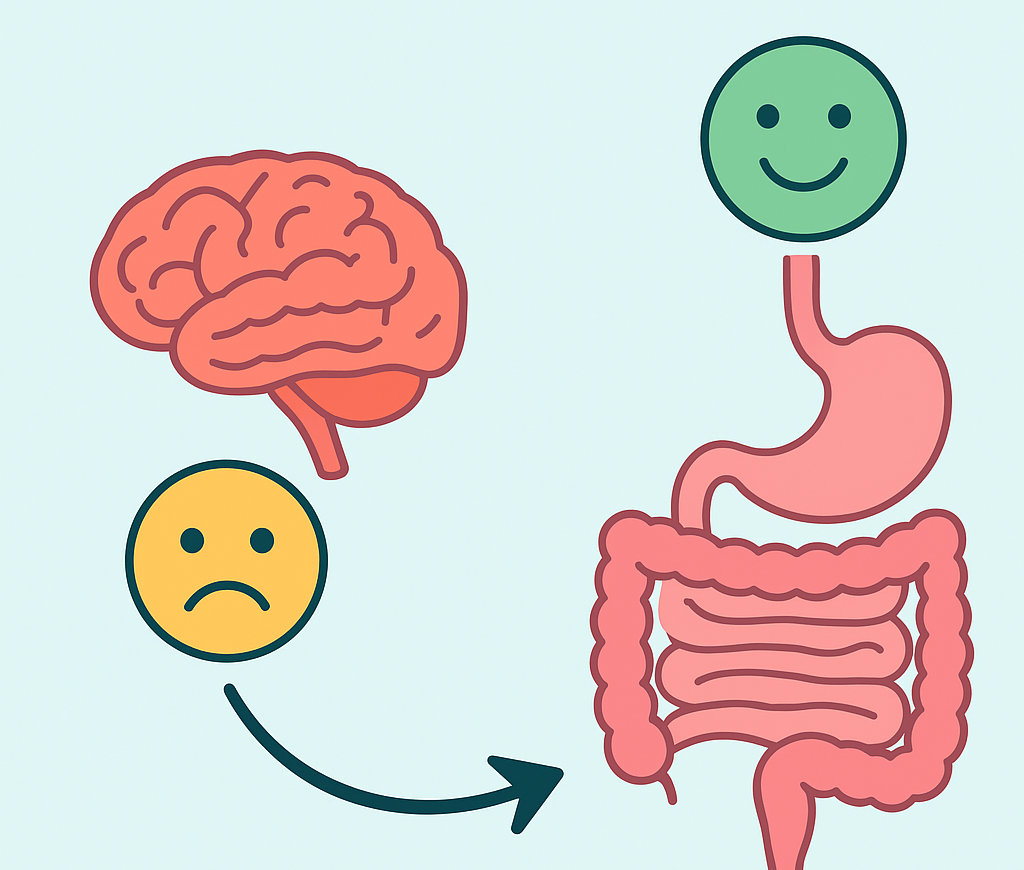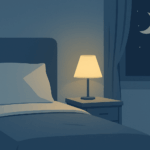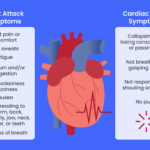What Is Insomnia?
Many people think insomnia simply means having trouble falling asleep. But it’s more than that. Insomnia also refers to:
- Waking up several times during the night.
- Waking up earlier than usual and being unable to fall back asleep.
In short, insomnia is the inability to get quality rest, leaving you tired, unrefreshed, and less focused during the day.
Why It’s Important to Know the Type of Insomnia
Not all insomnia is the same. Each type has different triggers and causes. By knowing which type you may be experiencing, you’ll be in a better position to find the right solution — whether it’s lifestyle changes, stress management, or medical treatment.
The Main Types of Insomnia
1. Acute Insomnia (Short-Term Insomnia)
Acute insomnia, also called adjustment insomnia, is usually triggered by stress. Life changes such as moving homes, starting a new job, or going through a breakup can make sleep difficult.
The good news? Acute insomnia often goes away once the stressful situation resolves.
2. Psychophysiological Insomnia
This common type of insomnia is linked to anxiety about sleep itself. The more you worry about not sleeping, the harder it becomes to fall asleep. Overthinking and worrying create a cycle of sleepless nights.
3. Idiopathic Insomnia
When doctors cannot find a clear cause, the condition is often called idiopathic insomnia. It usually begins in childhood and can continue into adulthood.
4. Unspecified Insomnia
If your doctor suspects an underlying issue but more testing is needed, they may classify your sleep problem as unspecified insomnia. It could be:
- Organic insomnia – caused by a physical issue within the body.
- Inorganic insomnia – caused by external factors such as lifestyle or environment.
5. Insomnia Caused by Substances
Certain medications, stimulants, and substances can lead to insomnia. Examples include:
- Caffeine
- Alcohol (which may help you fall asleep but reduces sleep quality)
- Some prescription or over-the-counter drugs
6. Insomnia Related to Medical Conditions
Both mental health and physical health problems can disrupt sleep. Anxiety, depression, chronic pain, asthma, and other conditions may be the root cause. Treating the underlying condition is often the key to improving sleep.
7. Paradoxical Insomnia
Paradoxical insomnia is when people feel they are barely sleeping — even though they are actually getting some rest. Those with this type of insomnia often remain aware of their surroundings at night and underestimate their total sleep time.
When to See a Doctor
If you regularly struggle with sleep and suspect you may have one of these types of insomnia, it’s best to consult a doctor. In some cases, you may be referred to a sleep specialist who can provide proper diagnosis and treatment.







